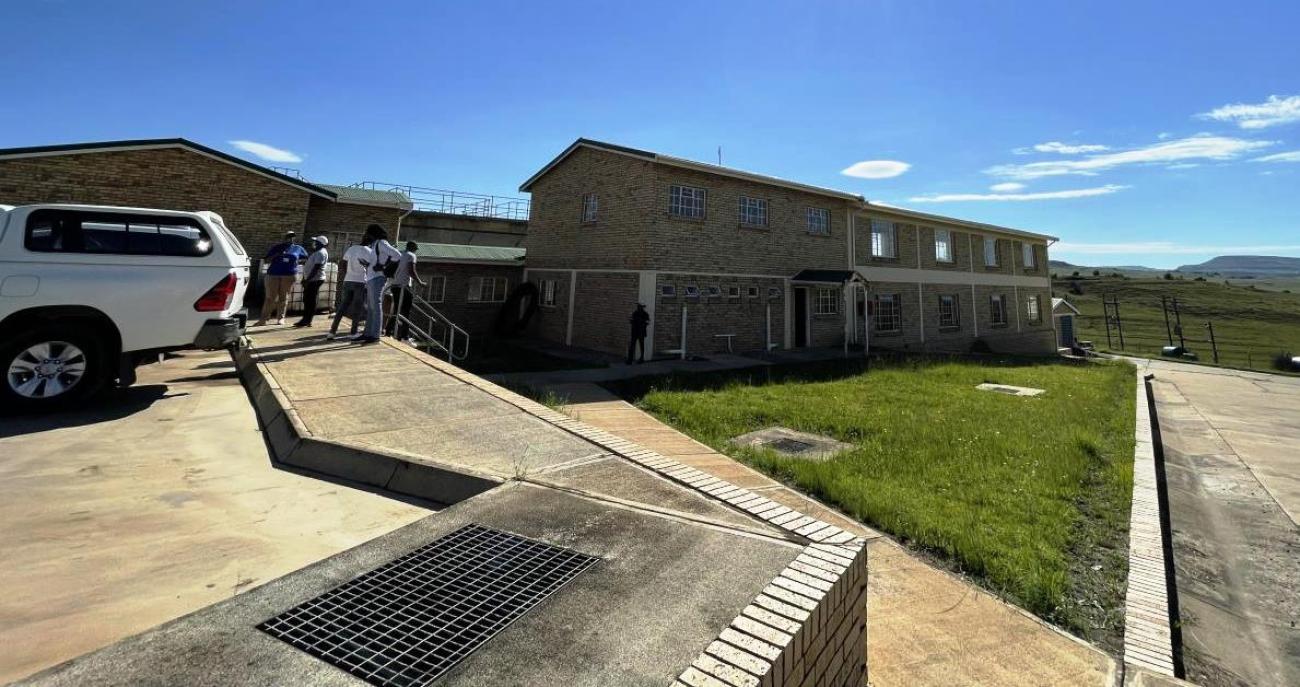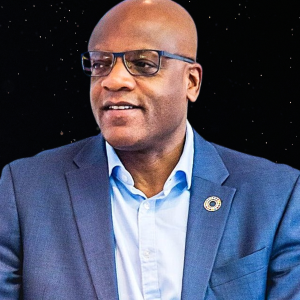Sicelo Pongoma is the manager of Joe Gqabi District Municipality Water Treatment Facility in Mt. Fletcher in the Eastern Cape Province where he runs water services. Over the past five years, he has provided technical support and guidance to local municipalities on how to use limited water more efficiently.
The water treatment facility is prone to siltation from soil erosion in the catchments where three rivers converge. InFocus’s Masimba Tafirenyika caught up with Mr. Pongoma at the Mt. Fletcher Dam for a brief interview.
Here are excerpts from the interview:
What is your role here at the water treatment facility?I am the manager of Water Services Authority responsible for water services compliance and planning. The interesting part about the work that we do here is that water is needed for everyday requirements: for households, for businesses, for industries, for agriculture and food security.
How would you describe your job? It is fulfilling, and it makes you sleep well at night because you can see you have changed someone’s life, or managed to help someone improve the economic status of an area by just giving them access to water.
What would you say are some of the challenges you are facing?
The biggest challenges that we have are the misunderstandings over what water supply and services are, i.e., the governance challenges around different institutions that provide water services to communities, and the fact that each one is linked to the other. We are all servicing the same communities, but we need to integrate how we do that so that no one institution is found wanting because water covers all the other industries.
Do you provide free water to communities or industries? For those households that are indigent, i.e., those households that are poorer, we provide them with free water. But there is a threshold that says if a household earns less than twice the government grant, they are referred to as indigent. This enables them to get water services for free. Those who earn more than that must pay for the services. Rural areas also receive water for free.
And what about people in urban areas? For urban settlements we mainly provide free water for houses. But even in these areas, poor households get their water for free from the municipality. But those who can afford more than the threshold of about two times the government grant, they must pay for the services they get. The biggest misunderstanding is that at times people don’t understand why they are paying for water. It’s not the water that they pay for. It is the service that is needed to draw the water from the river. We then pipe it, clean it and pump it to bring it to their houses. That’s the service we provide and charge for because there is a cost element involved.








